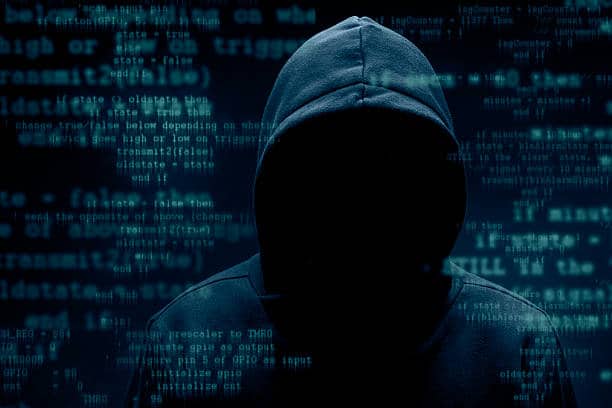Introduction
In today’s digital era, cybersecurity has become a cornerstone for safeguarding sensitive information and maintaining trust in technological systems. Among the key players in this domain are Certified Ethical Hackers (CEHs), professionals who harness their technical skills to identify vulnerabilities and protect against malicious attacks. However, with the increasing number of ethical hackers, distinguishing yourself in this competitive field requires more than just a certification. This article explores actionable strategies to stand out as a Certified Ethical Hacker, dispels common misconceptions, and sheds light on emerging trends shaping the future of this dynamic profession.
- Develop Expertise in Niche Areas
Specializing in fields like cloud security, IoT security, or artificial intelligence (AI) can set you apart. With emerging technologies, these areas are highly in demand. - Build a Professional Network
Join forums, attend cybersecurity conferences, and participate in hackathons to connect with industry leaders. Platforms like LinkedIn can also help you showcase your skills and achievements. - Pursue Additional Certifications
While CEH is a strong foundation, adding certifications like CISSP, OSCP, or CompTIA Security+ demonstrates your commitment to growth. - Stay Updated on Emerging Trends
Follow cybersecurity news, blogs, and podcasts to keep pace with the rapidly evolving threat landscape. Understanding current trends allows you to adapt your skills effectively.
Common Misconceptions About Ethical Hacking
Despite the growing recognition of ethical hackers, several misconceptions persist:
- Ethical Hackers Are the Same as Malicious Hackers
This is one of the biggest myths. Ethical hackers operate within legal and ethical boundaries to protect systems, while malicious hackers aim to exploit them for personal gain. - You Need a Technical Background to Start
While a technical background is helpful, many ethical hackers come from non-technical fields and learn the skills through dedication and training programs. - Certification Is the End Goal
Earning certifications is just the beginning. Continuous learning and staying updated on cybersecurity trends are critical for long-term success.
Future Trends in Ethical Hacking
As technology evolves, the role of ethical hackers is becoming even more critical. Here are some trends shaping the future of this field:
- Artificial Intelligence and Machine Learning
Hackers are leveraging AI to automate attacks, making it crucial for ethical hackers to use the same technologies to detect and counter threats. - Cloud Security
With more businesses migrating to the cloud, ethical hackers need expertise in securing cloud infrastructures and preventing breaches. - IoT Security
The rise of IoT devices introduces new vulnerabilities. Ethical hackers must adapt their skills to protect interconnected devices. - Quantum Computing
Quantum computing has the potential to disrupt traditional encryption methods. Ethical hackers will need to develop quantum-resistant solutions to ensure security.
conclusion:
Ethical hacking is a rewarding and impactful career that combines technical skills with creativity. Whether you’re protecting sensitive data, securing systems, or training others, your work as a certified ethical hacker contributes to a safer digital world. By continuously evolving and embracing new challenges, you’ll remain at the forefront of cybersecurity, ensuring your expertise remains invaluable to organizations worldwide.




